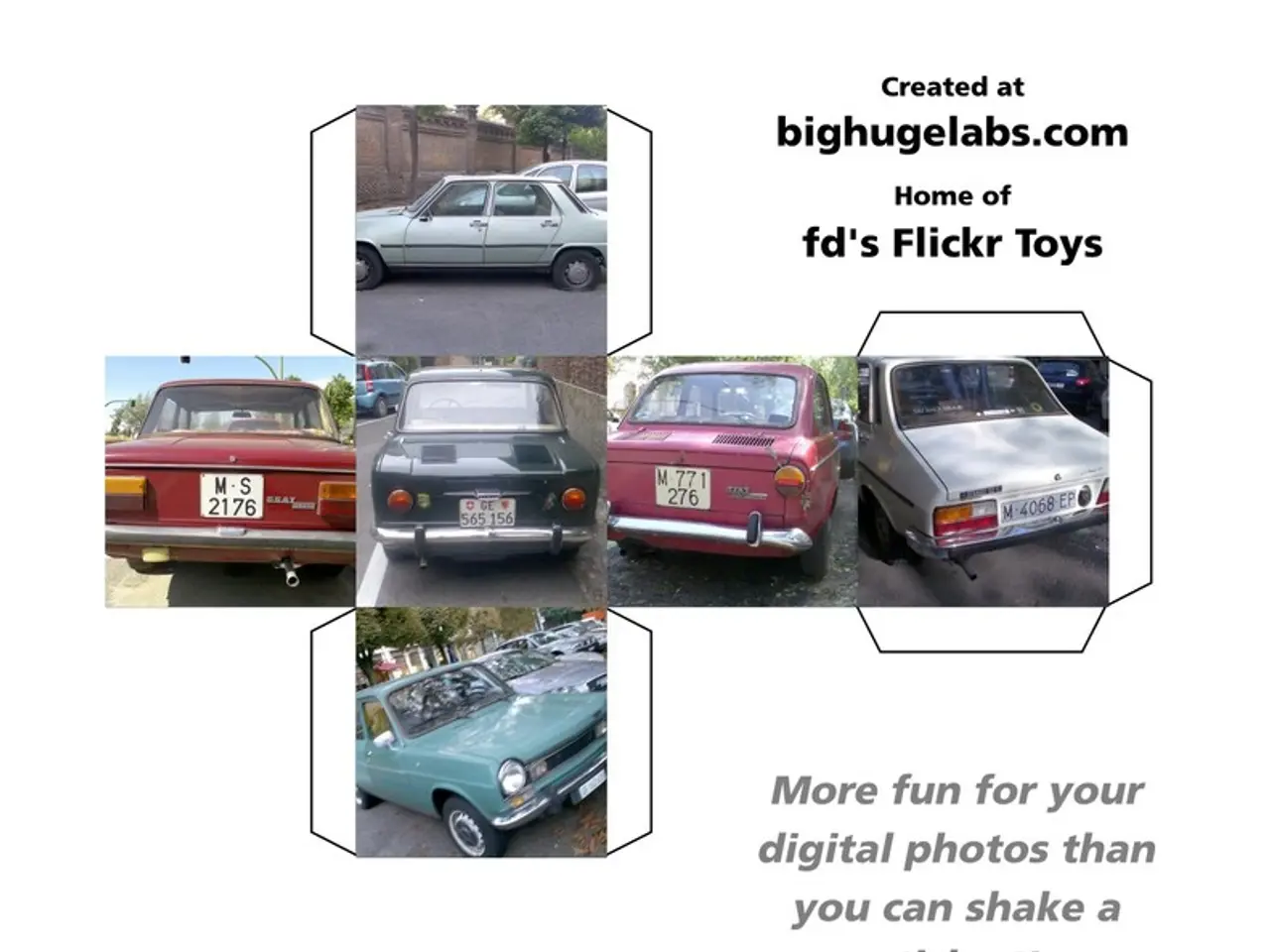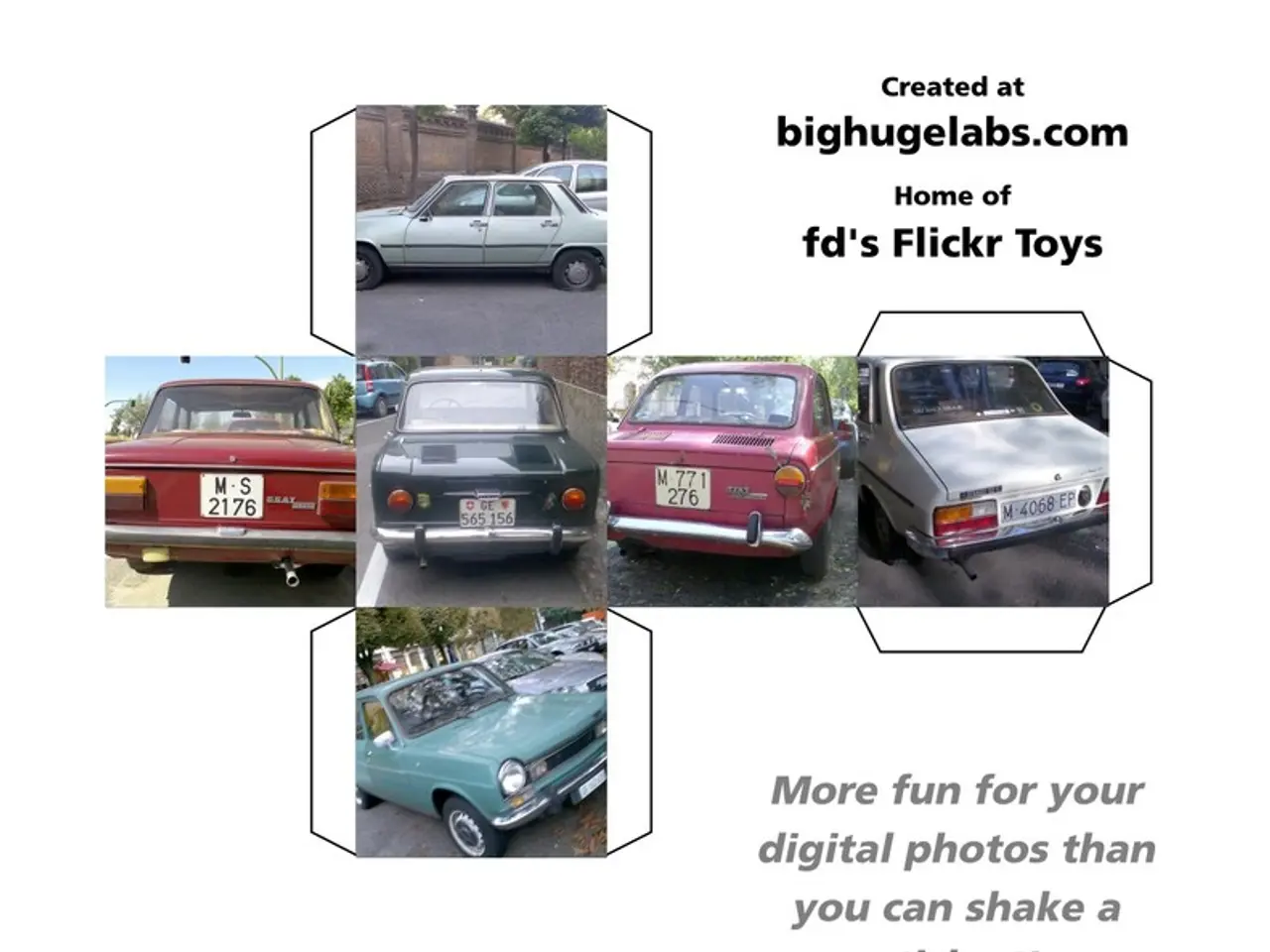Africa's Nuclear Advancement Front-Runners: Ghana and Rwanda, according to Industry Leader
Africa's Pioneers in Small Modular Reactors: Ghana and Rwanda
Ghana and Rwanda are leading the charge in deploying Small Modular Reactors (SMRs) across Africa, positioning themselves as frontrunners in adopting this next-generation nuclear technology on the continent.
SMRs, favoured for their smaller size, modular design, and cost-effectiveness, are increasingly seen as a viable solution for Africa's electricity needs. Both Ghana and Rwanda are actively advancing nuclear power projects centered on SMRs, aligning with wider African trends as about ten countries engage in formal negotiations or technical agreements for nuclear energy development.
Current Status
Ghana and Rwanda’s push reflects strategic moves to transition from reliance on fossil fuels and hydropower to more reliable, flexible energy solutions that support growing electricity demand and sustainable development goals. Though neither country manufactures SMRs domestically, efforts towards localization and capacity building are underway, with Rwanda hosting recent nuclear innovation summits to advance regional cooperation and technology adaptation.
Future Prospects
The Nuclear Business Platform projects that Africa could install up to 15,000 MW of nuclear capacity by 2035, with Ghana and Rwanda among the leading countries in this nuclear expansion. SMRs offer scalable, flexible solutions to plug Africa’s electricity gaps, especially for small towns, mining operations, and urban centers, enabling decentralized and reliable power supply that supports industrialization and economic growth.
Regional cooperation and synchronized planning at national and continental levels are seen as critical to realizing SMR ambitions, suggesting Ghana and Rwanda could play central roles in creating multi-country nuclear initiatives. Financing remains a major hurdle for SMR deployment in Africa, but international partnerships and programs provide support mechanisms currently being leveraged by early movers including Ghana and Rwanda.
China is the world leader on SMRs, with the world’s first commercial reactor, Linglong 1, expected to begin operation next year. However, Ghana and Rwanda are forging their own path in the African context, with designs like the Pebble Bed Modular Reactor and HTMR-100, developed in South Africa, demonstrating designs that are water-efficient and suitable for Africa's diverse climate and infrastructure challenges.
In summary, Ghana and Rwanda are pioneering the introduction and deployment of small modular nuclear reactors in Africa, with ongoing government-level commitments, regional collaboration, and international assistance shaping a promising but still nascent nuclear energy landscape. Their progress reflects broader continental recognition of SMRs as a key tool for addressing electricity shortages and fostering sustainable development by 2035 and beyond.
- The advancements in small modular reactors (SMRs) in Africa are not limited to energy production, as these technologies are also being seen as a potential solution in other sectors like finance, with the potential to attract investments for infrastructure development and economic growth in countries like Ghana and Rwanda.
- As Africa looks towards technology-driven solutions for general-news issues like electricity shortages and sustainable growth, the sports world takes notice of the pioneering efforts of Ghana and Rwanda in adopting next-generation nuclear technology through SMRs, creating a global narrative of African innovation in the realm of science and technology.




